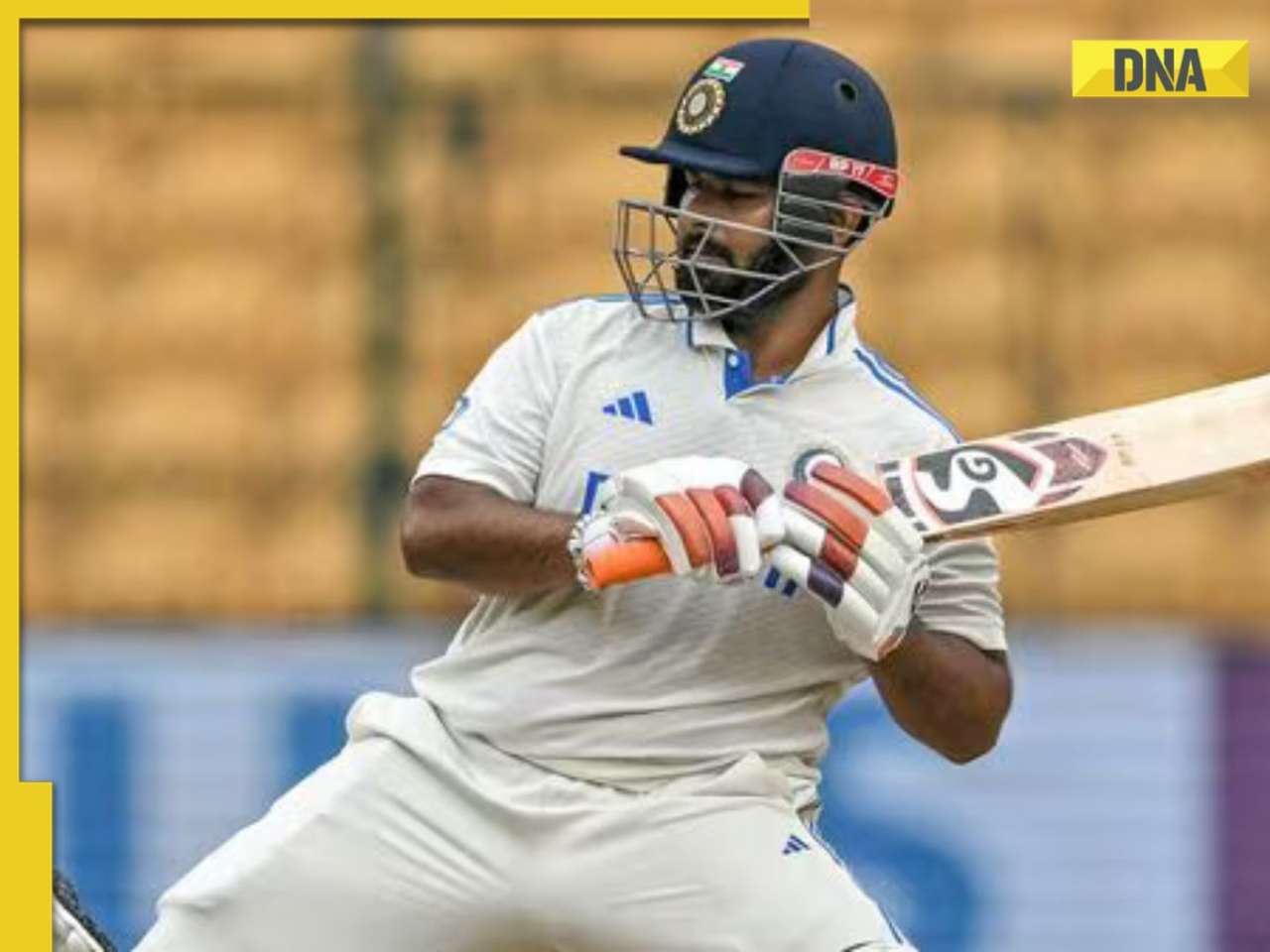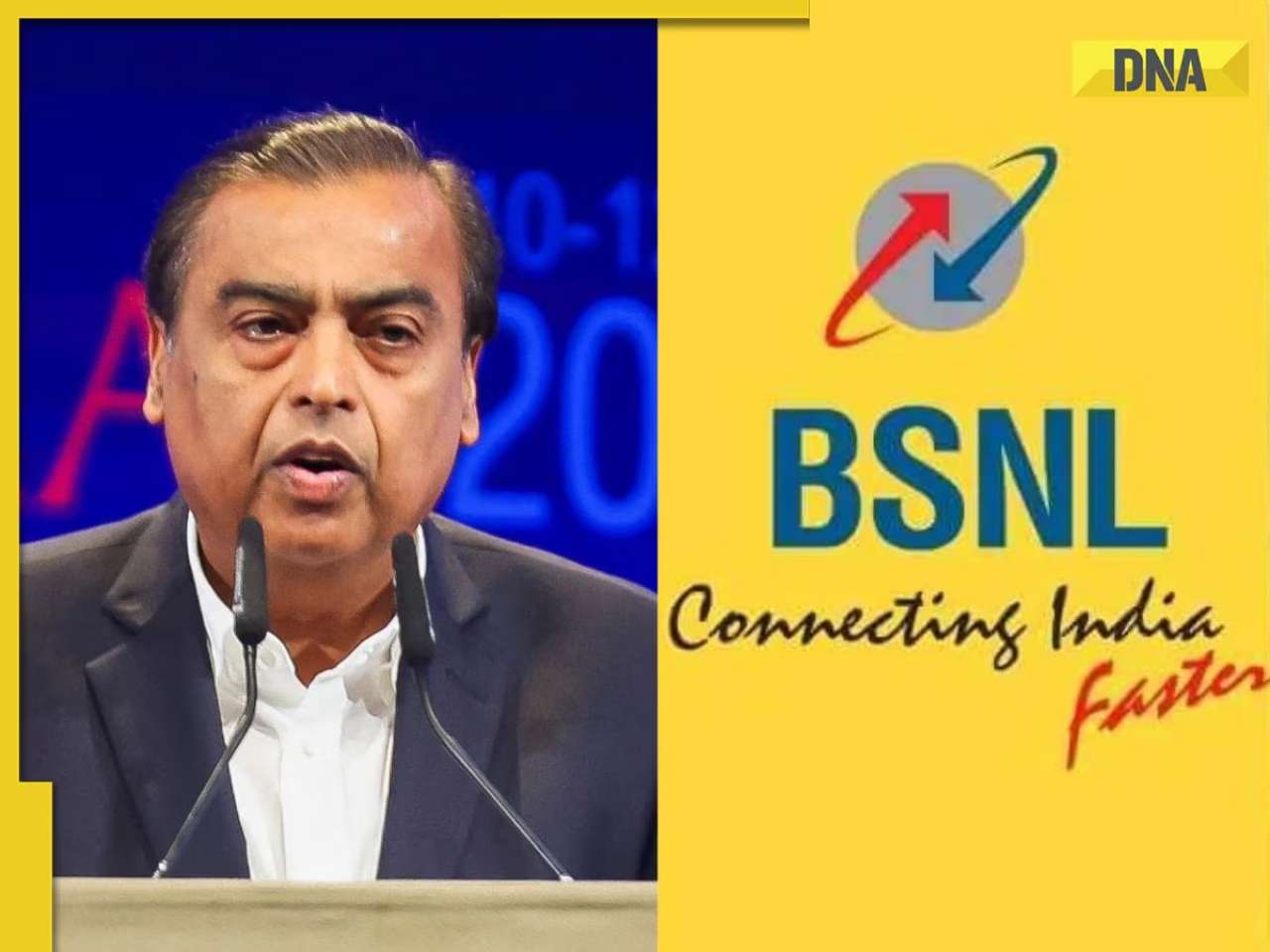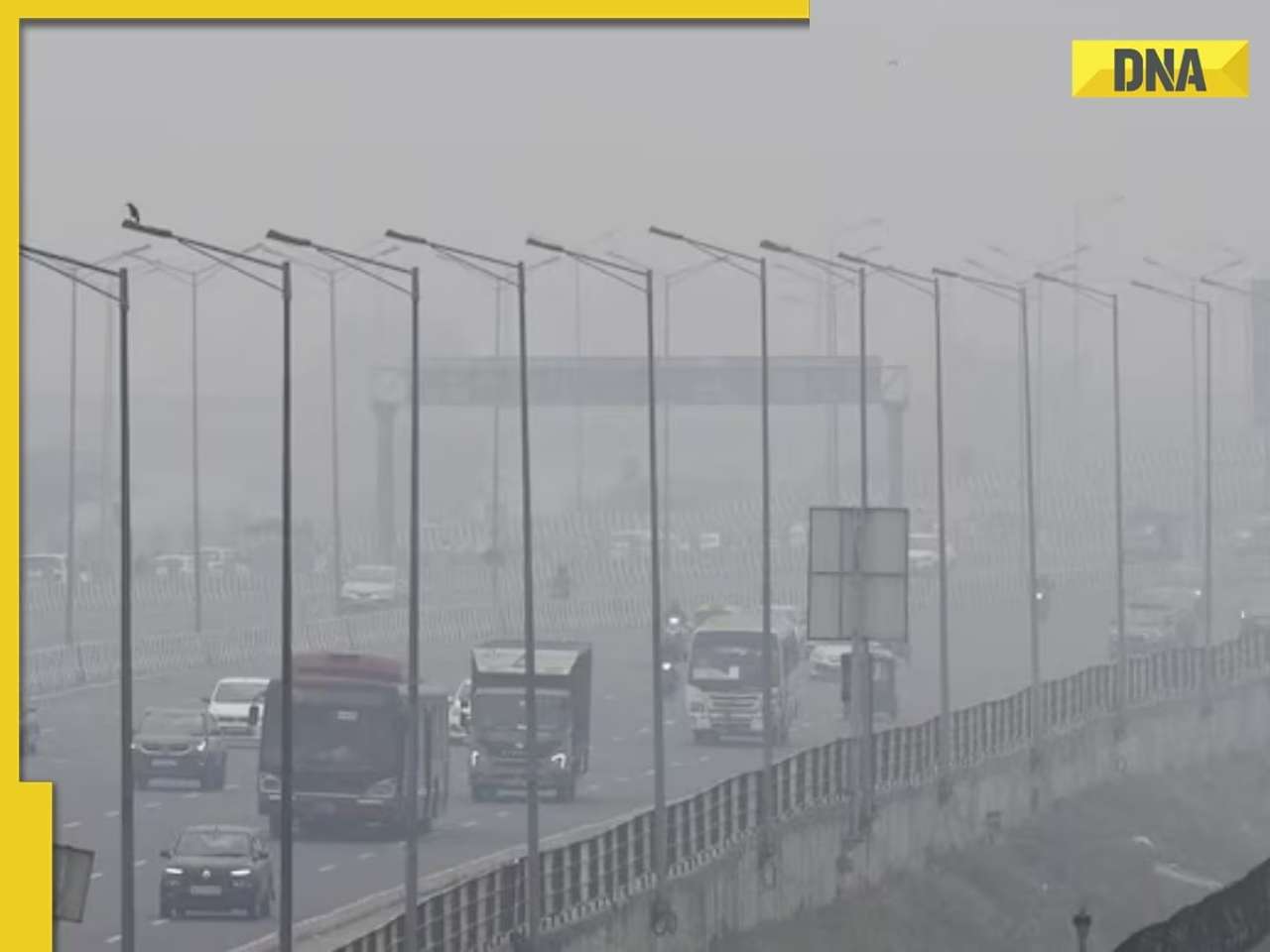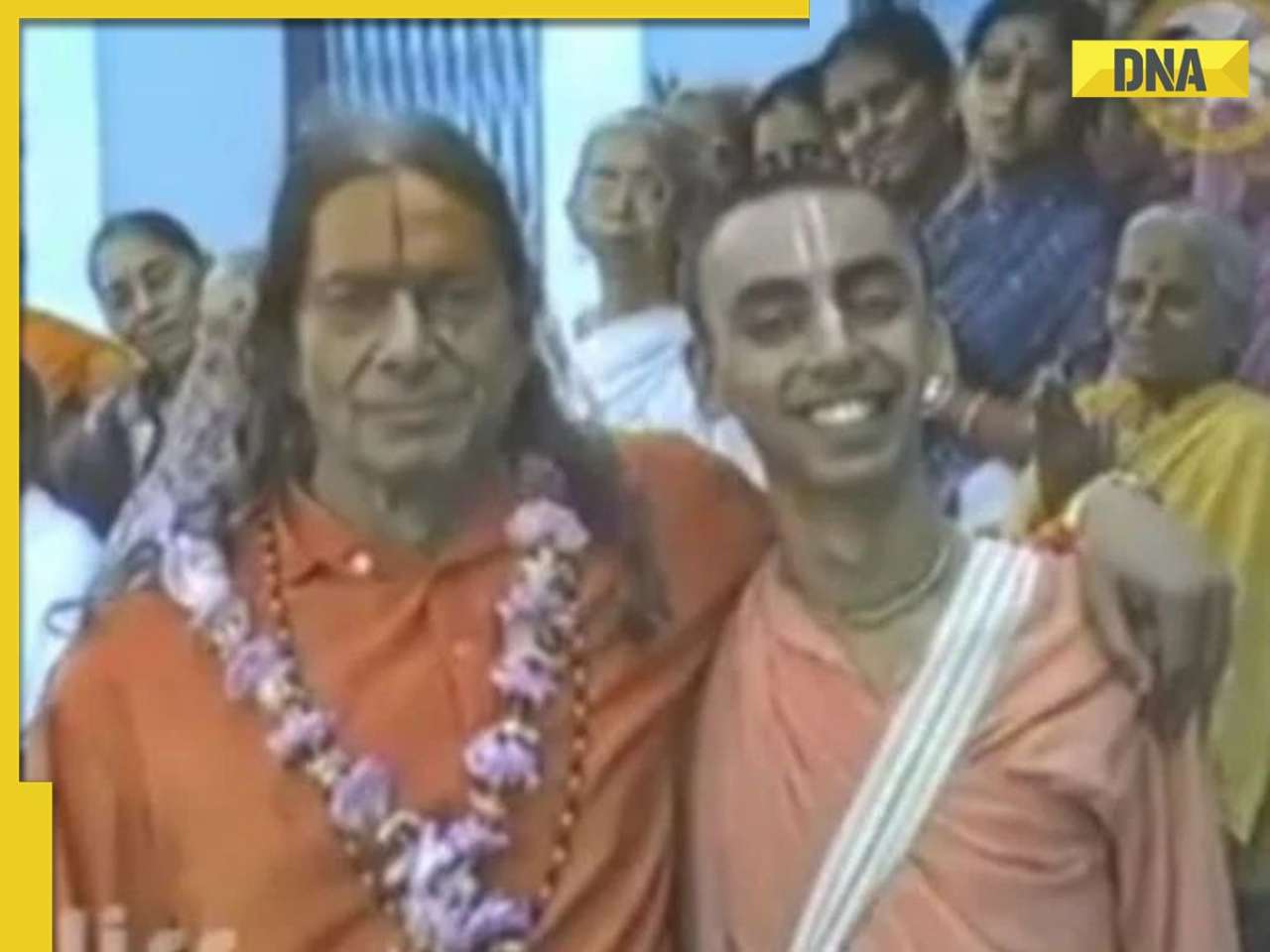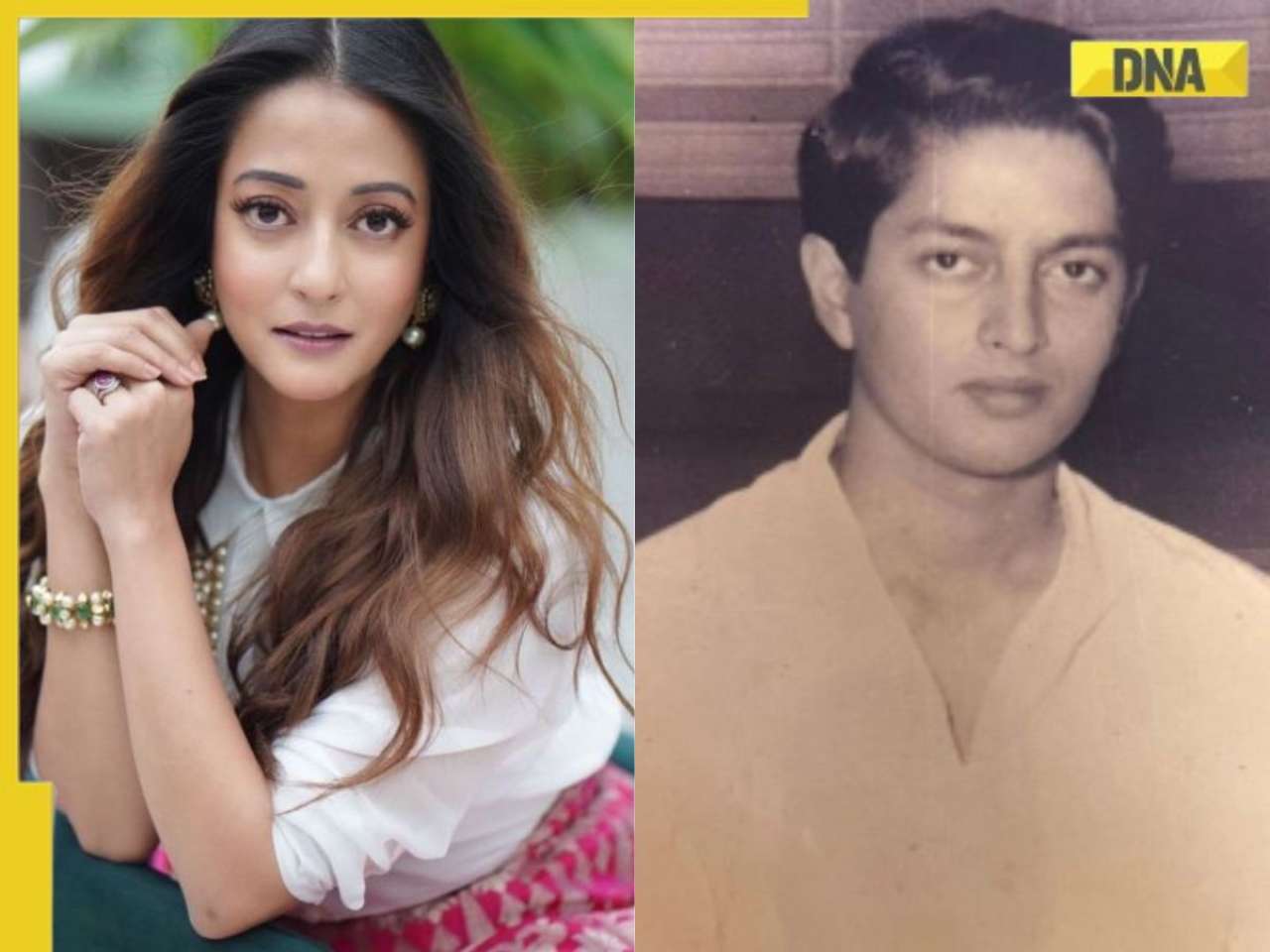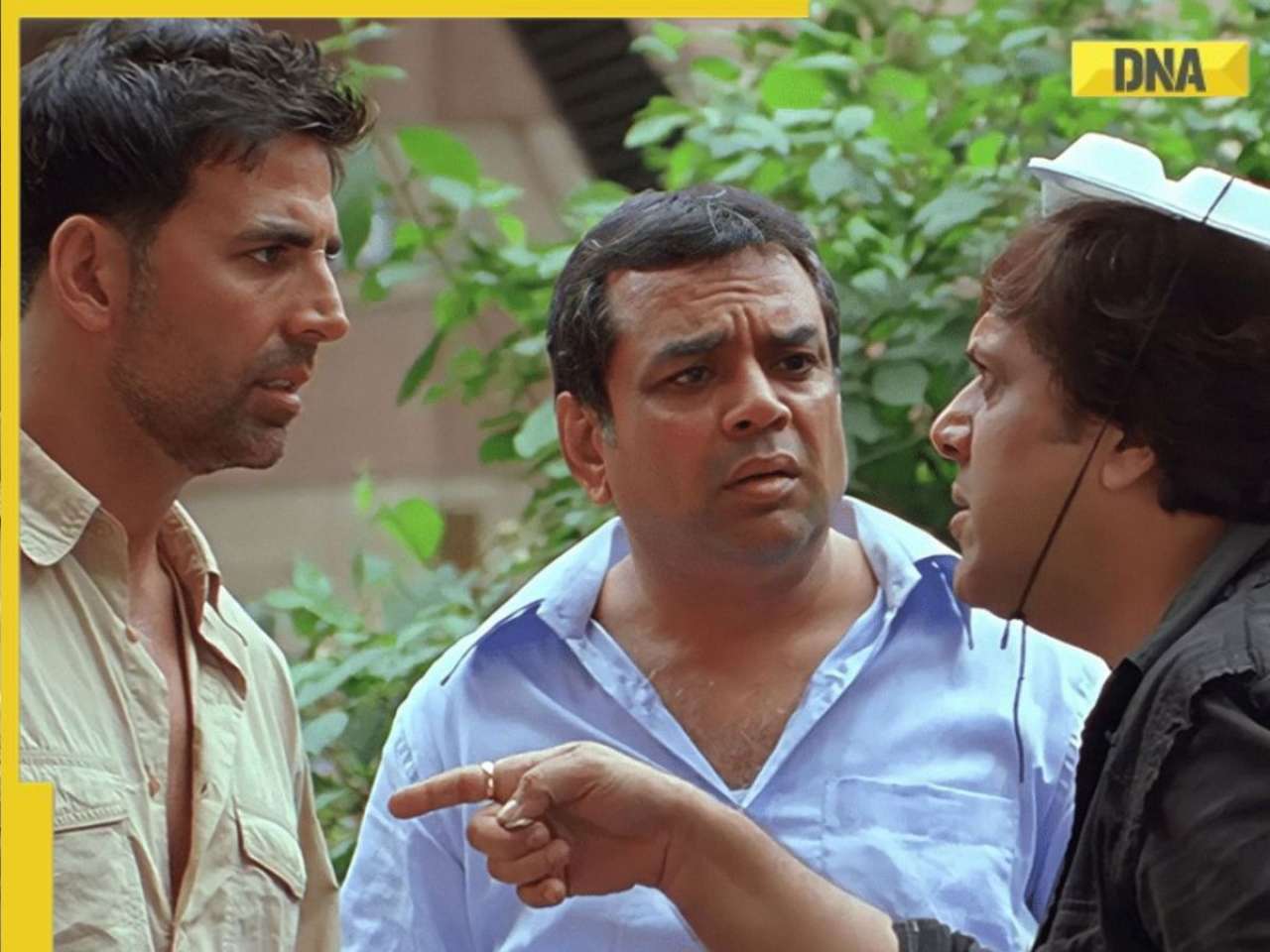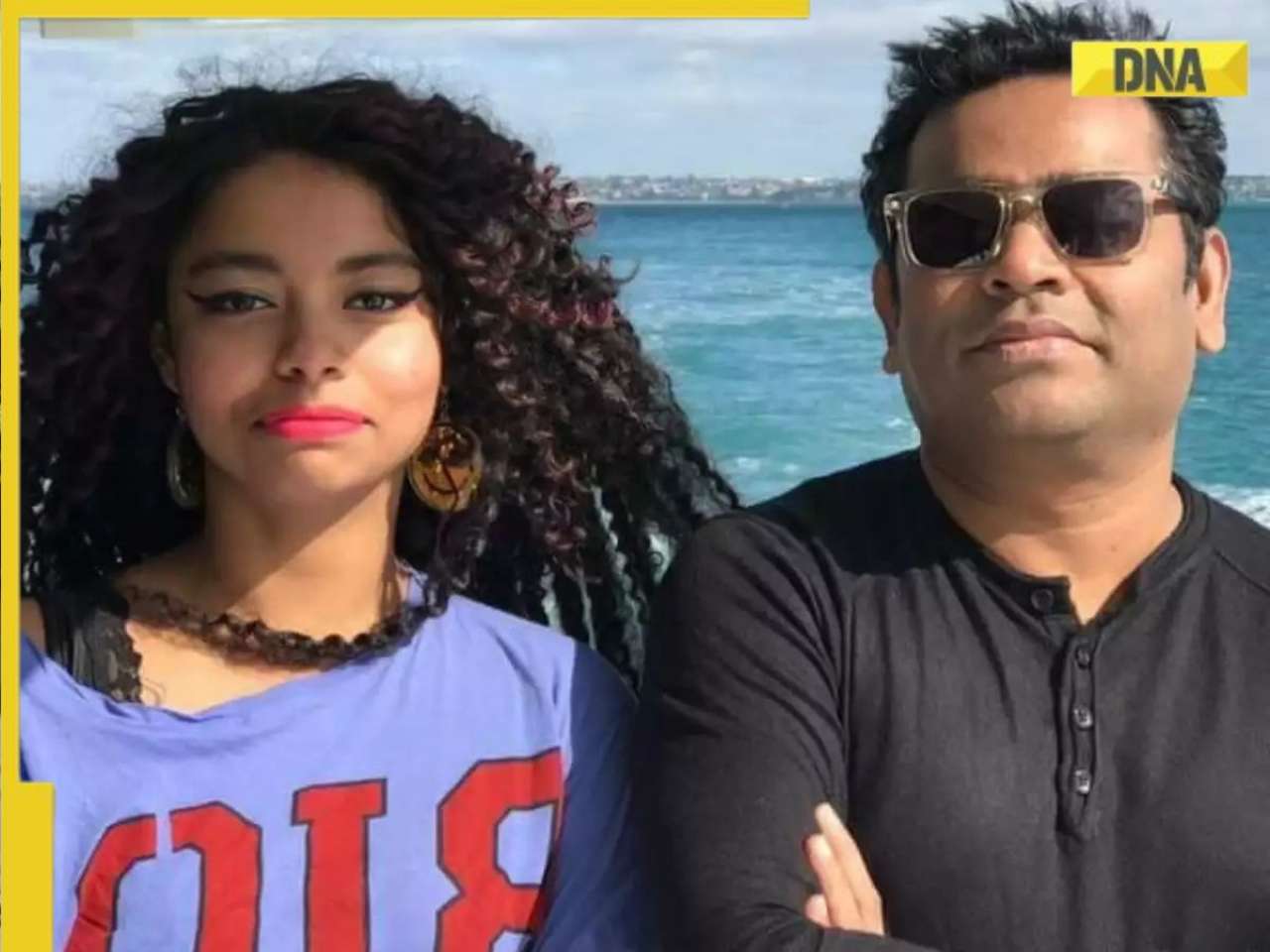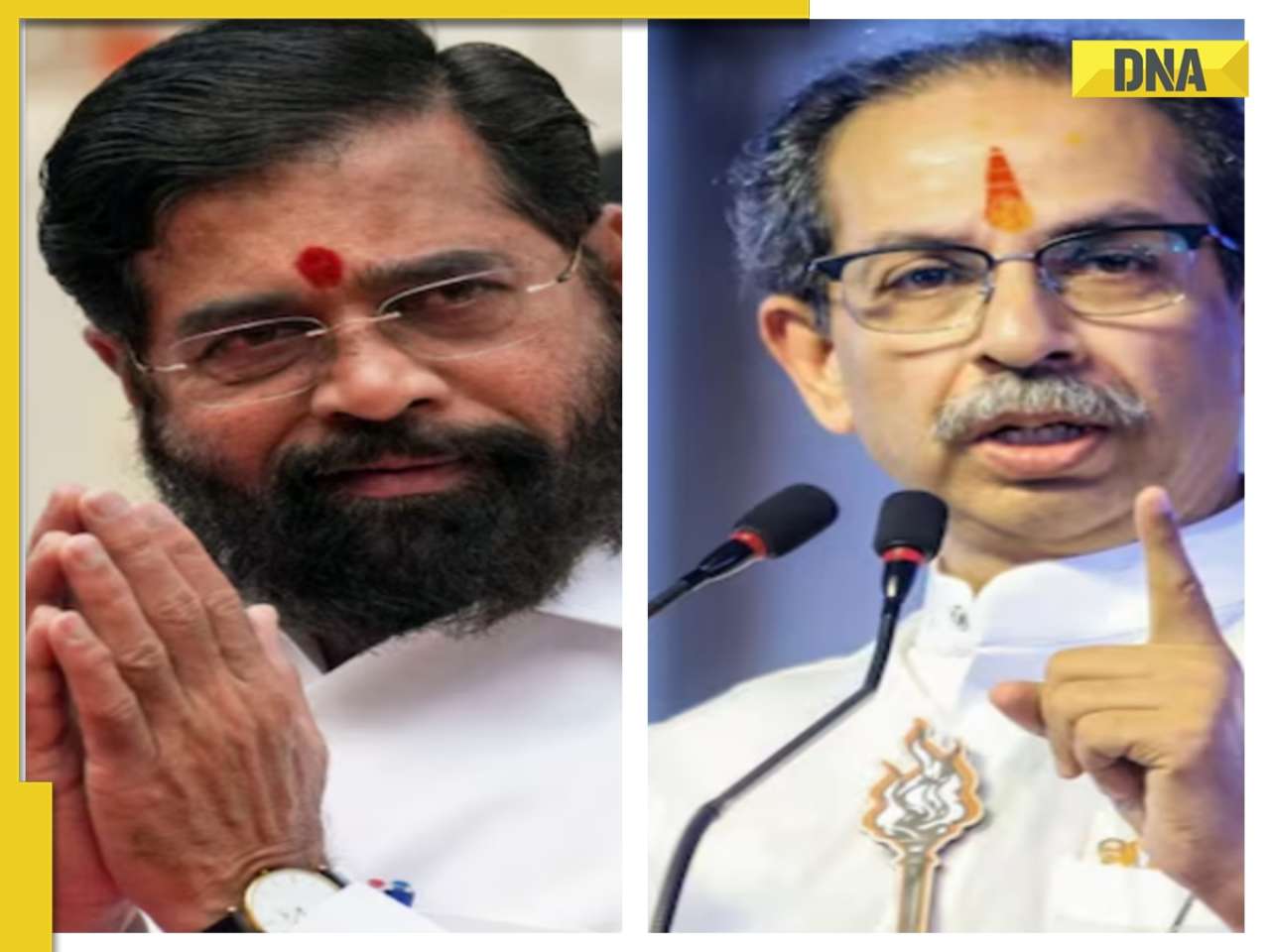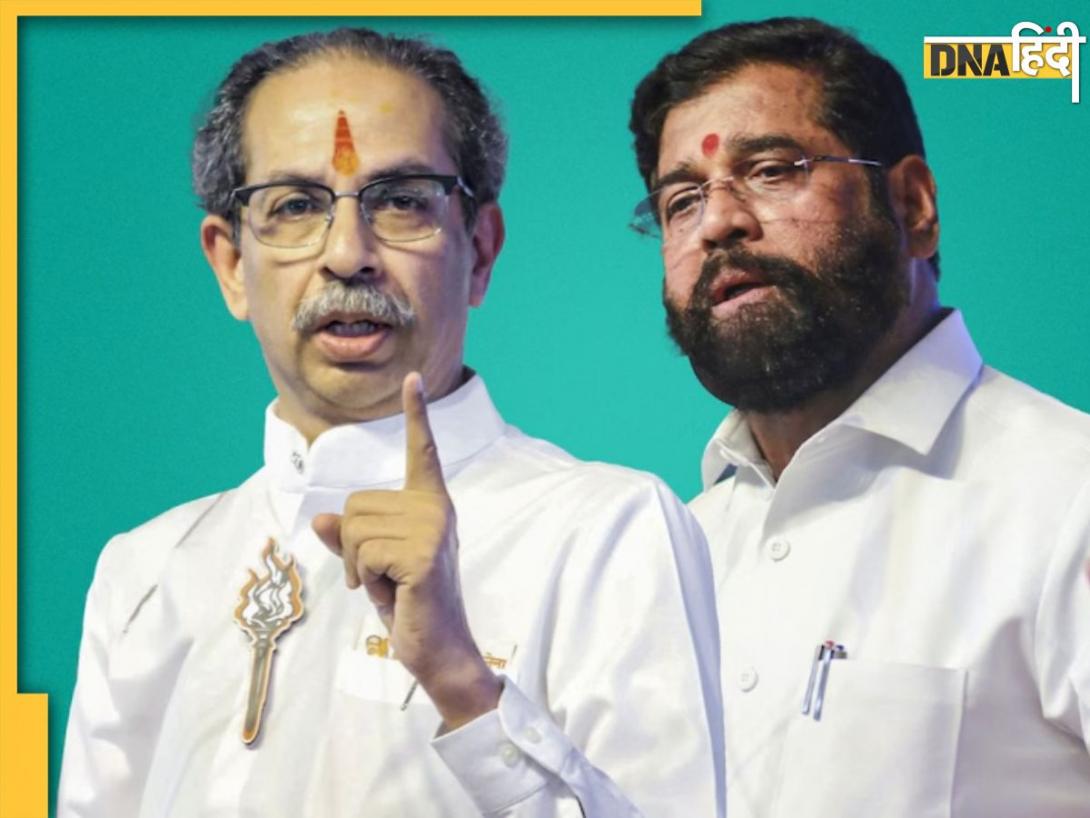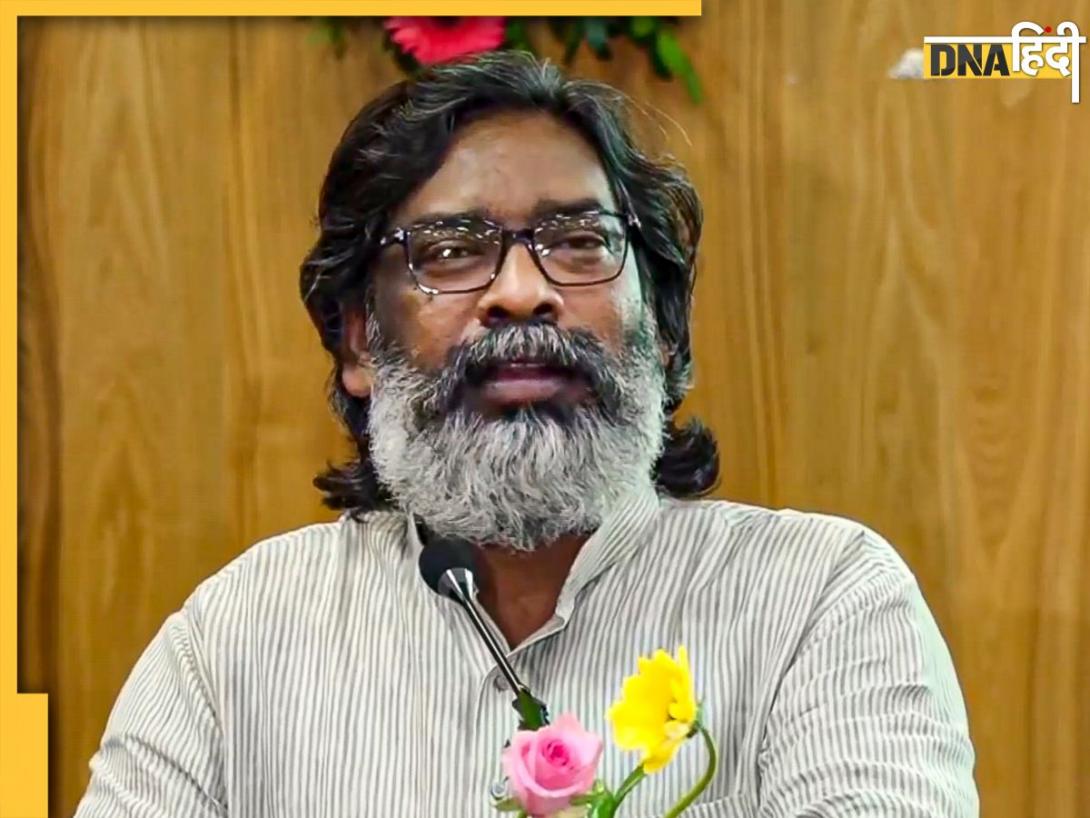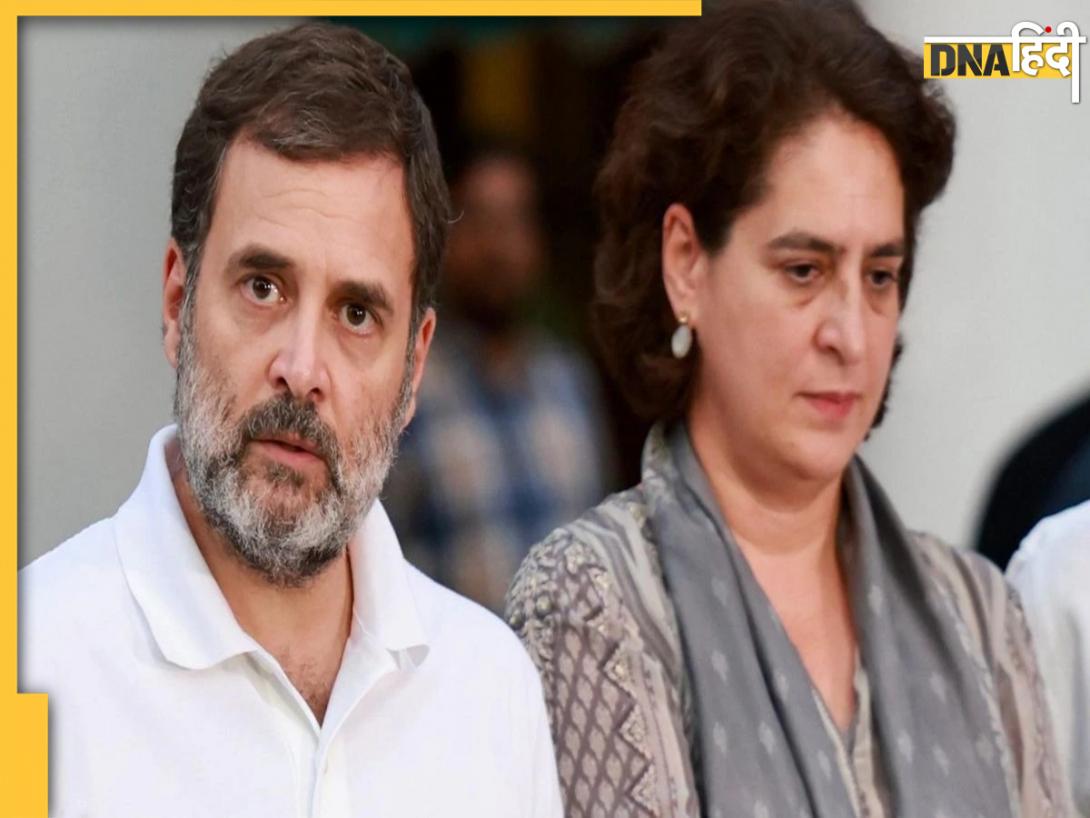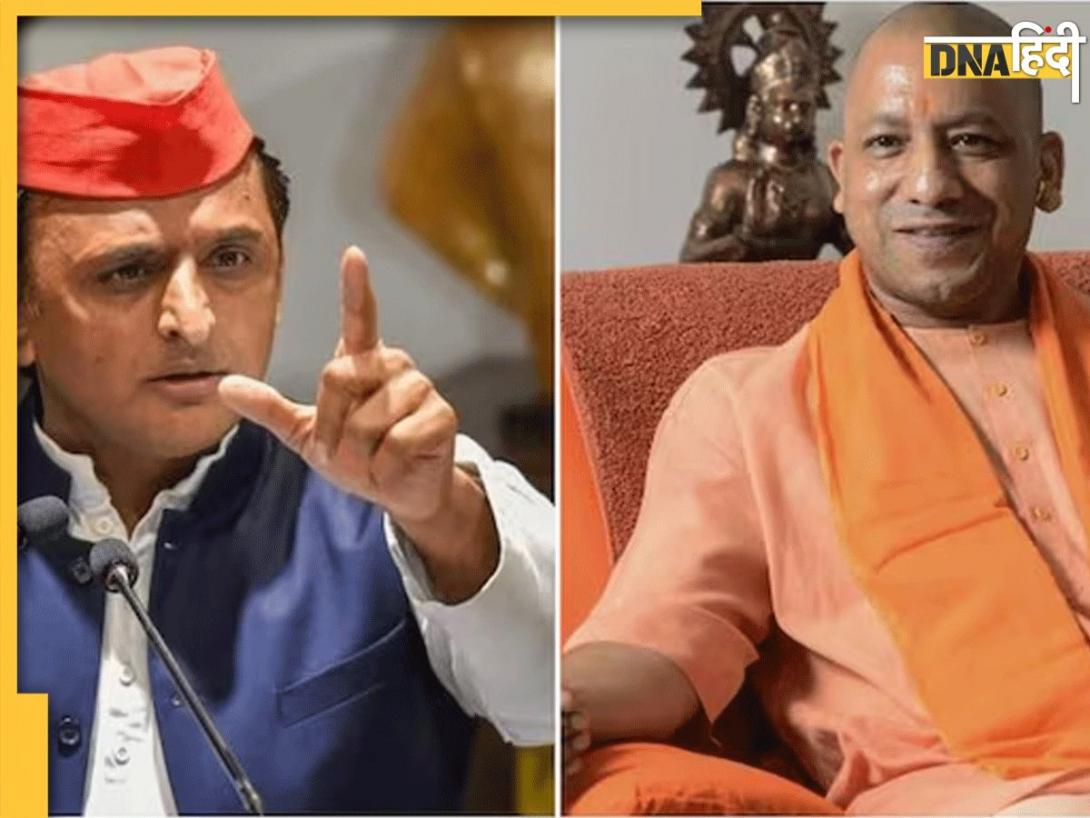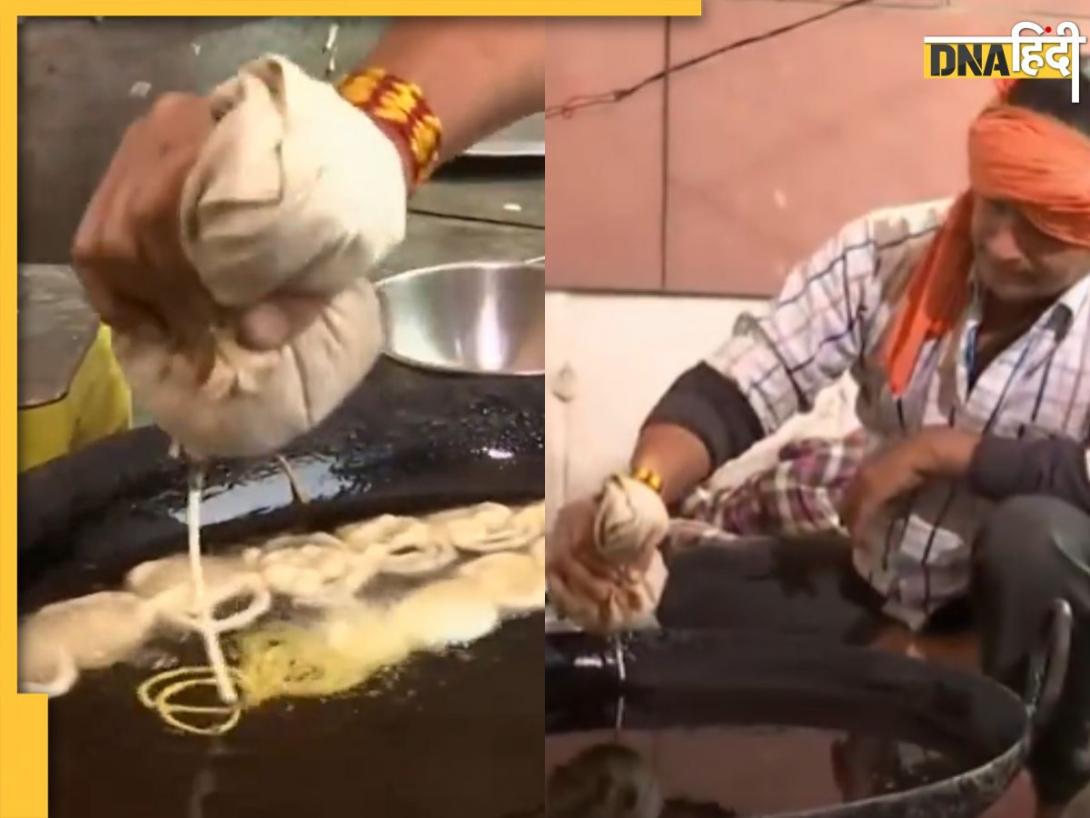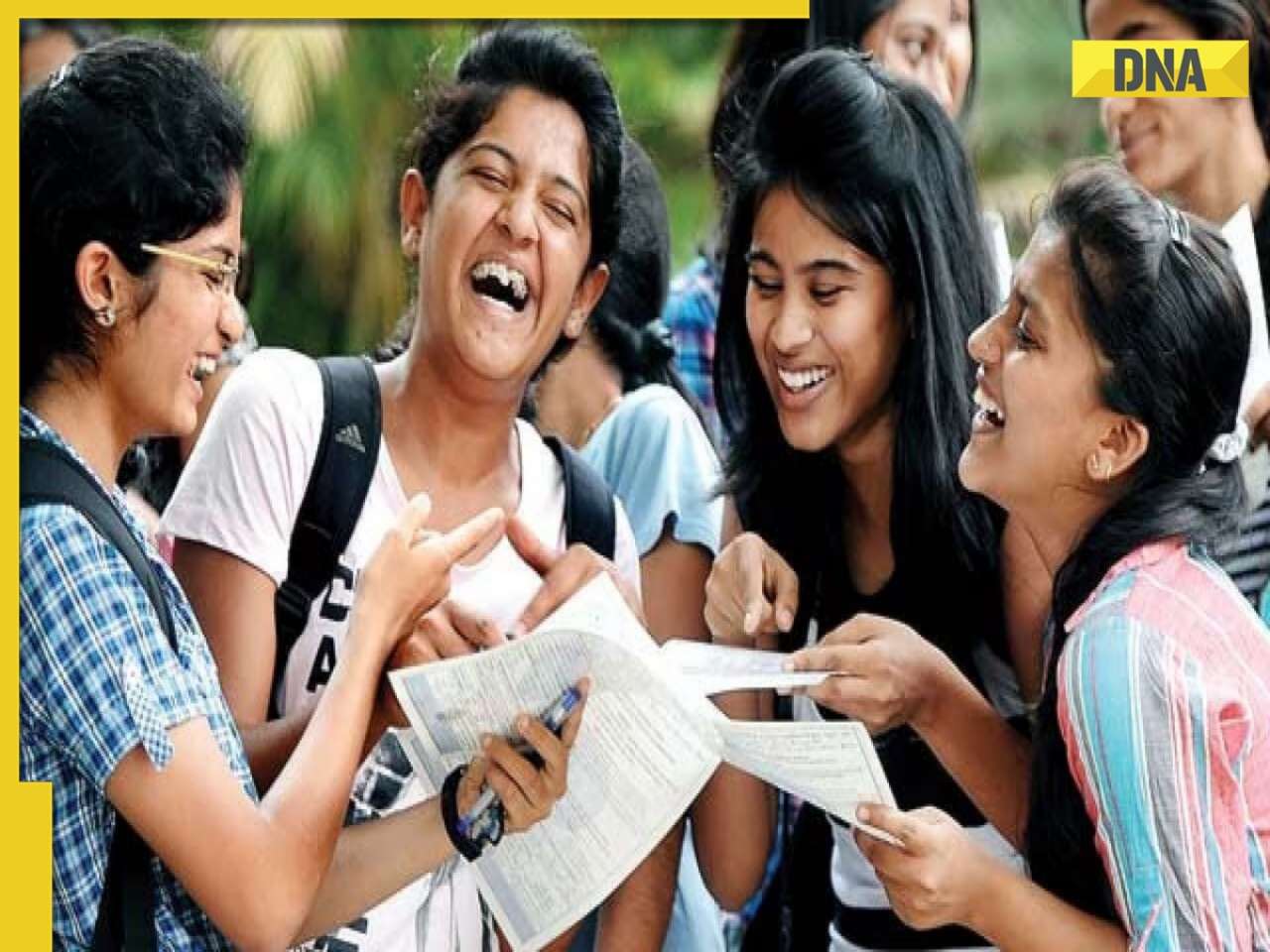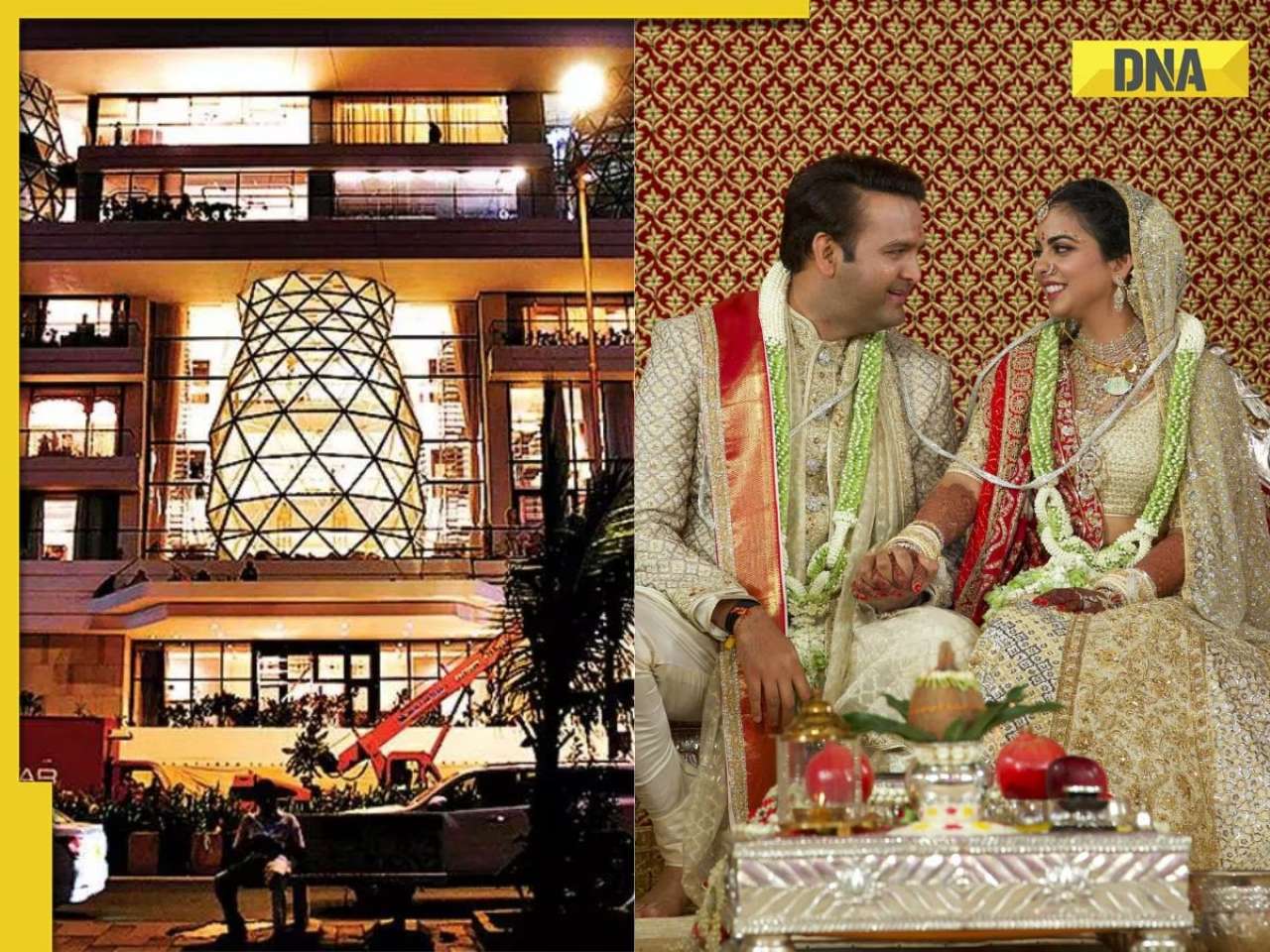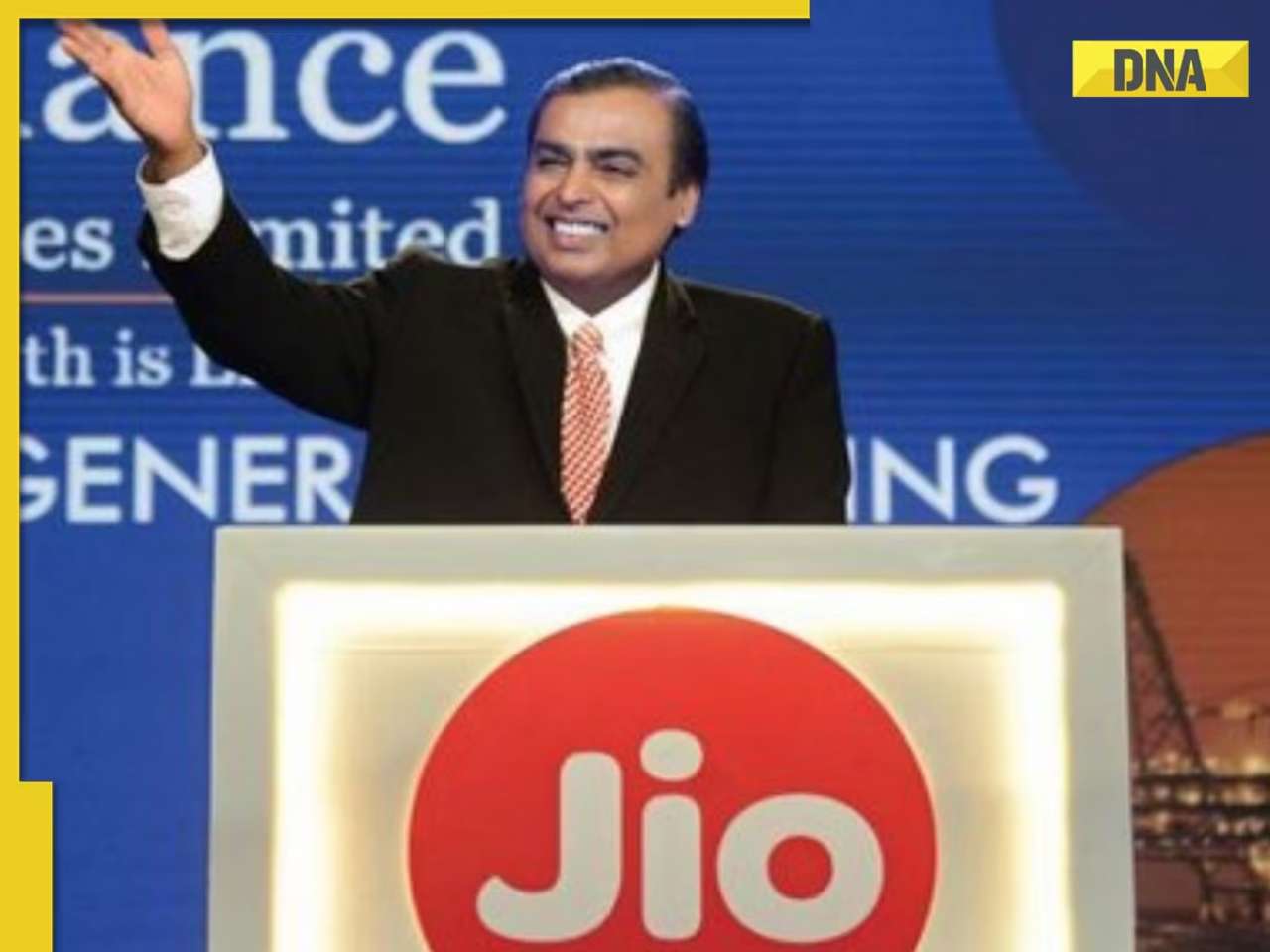- LATEST
- WEBSTORY
- TRENDING
SPORTS
From surviving bombs to winning 2018 Ballon D’or: Luka Modric’s amazing story will give you chills
Luka Modric saw off competition from a host of French World Cup stars as the Real Madrid and Croatia midfielder won the 2018 Ballon d'Or on Monday, ending the 10-year stranglehold on the award by Cristiano Ronaldo and Lionel Messi.
TRENDING NOW
Luka Modric saw off competition from a host of French World Cup stars as the Real Madrid and Croatia midfielder won the 2018 Ballon d'Or on Monday, ending the 10-year stranglehold on the award by Cristiano Ronaldo and Lionel Messi.
Modric, 33, was announced as the winner of the prestigious prize in a glitzy ceremony held in Paris. Ronaldo was second, with France and Atletico Madrid striker Antoine Griezmann completing the podium.
"As a kid we all have dreams. My dream was to play for a big club and win important trophies," Modric said. "The Ballon d'Or was more than just a dream for me and it is really an honour and a privilege to hold this trophy." Mbappe, who does not turn 20 until later this month, picked up the consolation prize of the Kopa Trophy for the best young player.
Here’s a look back at his remarkable story.
Marian Kirin, a 39-year-old telecommunications engineer's quote to The Guardian, sums up the national grit that saw Croatia become the smallest nation to reach the World Cup final since Uruguay. Kirin, like many Croatians, lost his father in the Balkan Conflict.
With a population of 4 million, Croatia has almost 1/5th the population of Mumbai. It's the smallest nation to reach the final of the World Cup since Uruguay, and the most troubled.
It’s also one of the youngest in the world, being formed in 1991 after the fall of the Republic of Yugoslavia. Its people were the victims of high-intensity conflicts with various Serb paramilitary groups pursuing a campaign of killing, terror and expulsion against the non-Serb population murdering thousands of Croat civilians and forcing lakhs from their homes.
Among those killed was Luka Modric’s grandfather, Luka Modric Senior.
When he was just six years old, Modric’s grandfather was shot dead by militant thugs and he was forced to live as a refugee in his own war-torn land. It speaks volumes of his persistence that the young kid went on to become one of global football’s greatest stars, a midfield maestro par excellence with numerous Champions League medals with Real Madrid.
On December 8, 1991, during the Balkan Wars, a violent Serbian militia stormed Modrici, a small village near the Velebit mountains in northern Dalmatia and wreaked havoc on Croatian families who lived there.
As Luka Modric Senior walked his cattle on the abandoned streets, he was brutally executed by a group of Serbians along with five other locals. The message was clear – leave or be slaughtered.
Young Luka was being raised by his grandfather as his parents worked long hours at a factory to support the family financially. His parents were forced to leave Modrici and sought refuge at the Hotel Iz in the town of Zarad.
bullets in the background didn’t stop the young Luka from kicking a punctured football around the hotel car park, dreaming of a better tomorrow.
From these hellish scenes was born one of the world’s most talented ballplayers as the young Luka started making a name in the local leagues, signing a contract with Dinamo Zagreb before moving to Tottenham Hotspurs in the Premier League in 2008.
Modric rarely talks about his troubled childhood, except once in 2008 when he joined Tottenham: “When the war started we became refugees and it was a really tough time. I was six years old. These were really hard times. I remember them vividly but it’s not something you want to remember or think about. We lived in a hotel for many years as we struggled financially, but I always loved football. I remember my first shin pads had the Brazilian Ronaldo on them and I loved them. The war made me stronger, it was a very hard time for me and my family. I don’t want to drag that with me forever, but I don’t want to forget about it either.”
As a youngster, he was written off, including by then Arsenal boss Arsene Wenger, for being too thin and his slight frame.
Anyone who watched the scrawny young man play knew he was something special.
Modric displayed admirable qualities – quick feet, great vision, the ability to pick a pass when needed.
From Tottenham, he would move to Madrid where a greater audience were blessed to see his admirable craft. He always displayed, what former Alex Ferguson used to call, the ability to find a side door during a stampede.
Ronaldo might have got all the headlines, but Luka played a massive role in Real Madrid’s last four Champions League wins. Many have called him the second-most influential Galactico.
And now at the end of it all he has broken a decade-long duopoly of Messrs Ronaldo and Messi to lift football's most prestigious award. It could't have happened to a more deserving person.
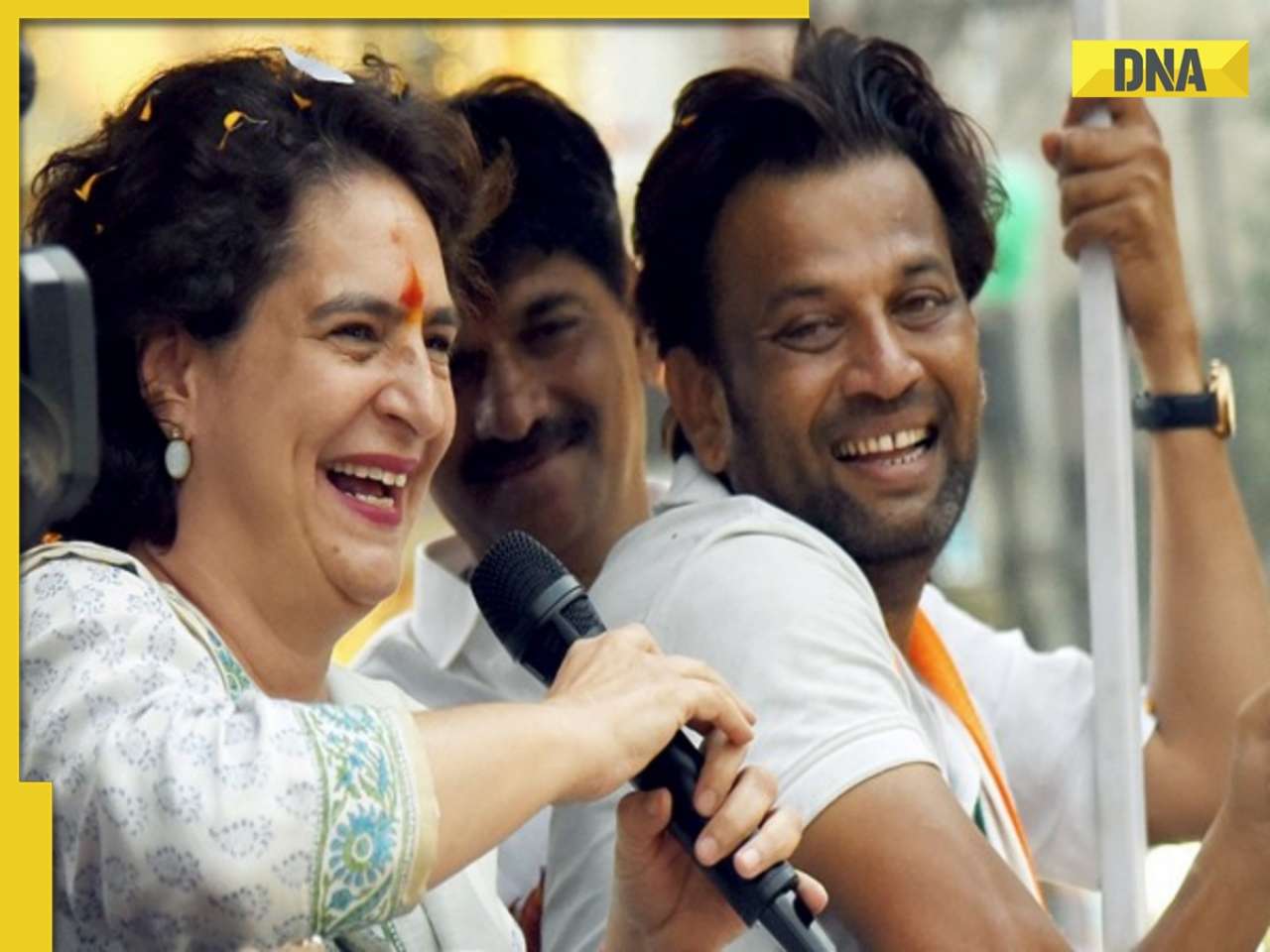
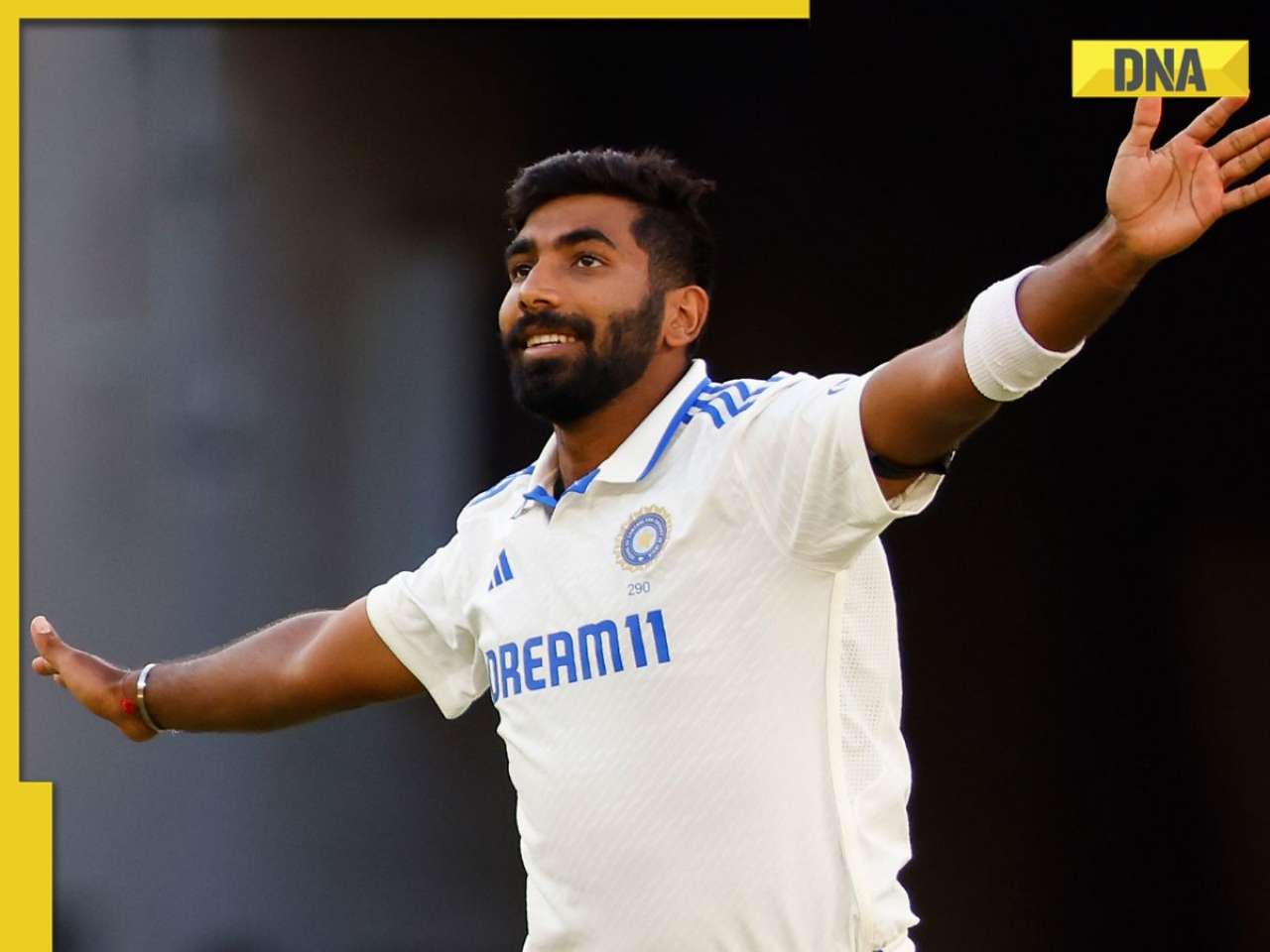
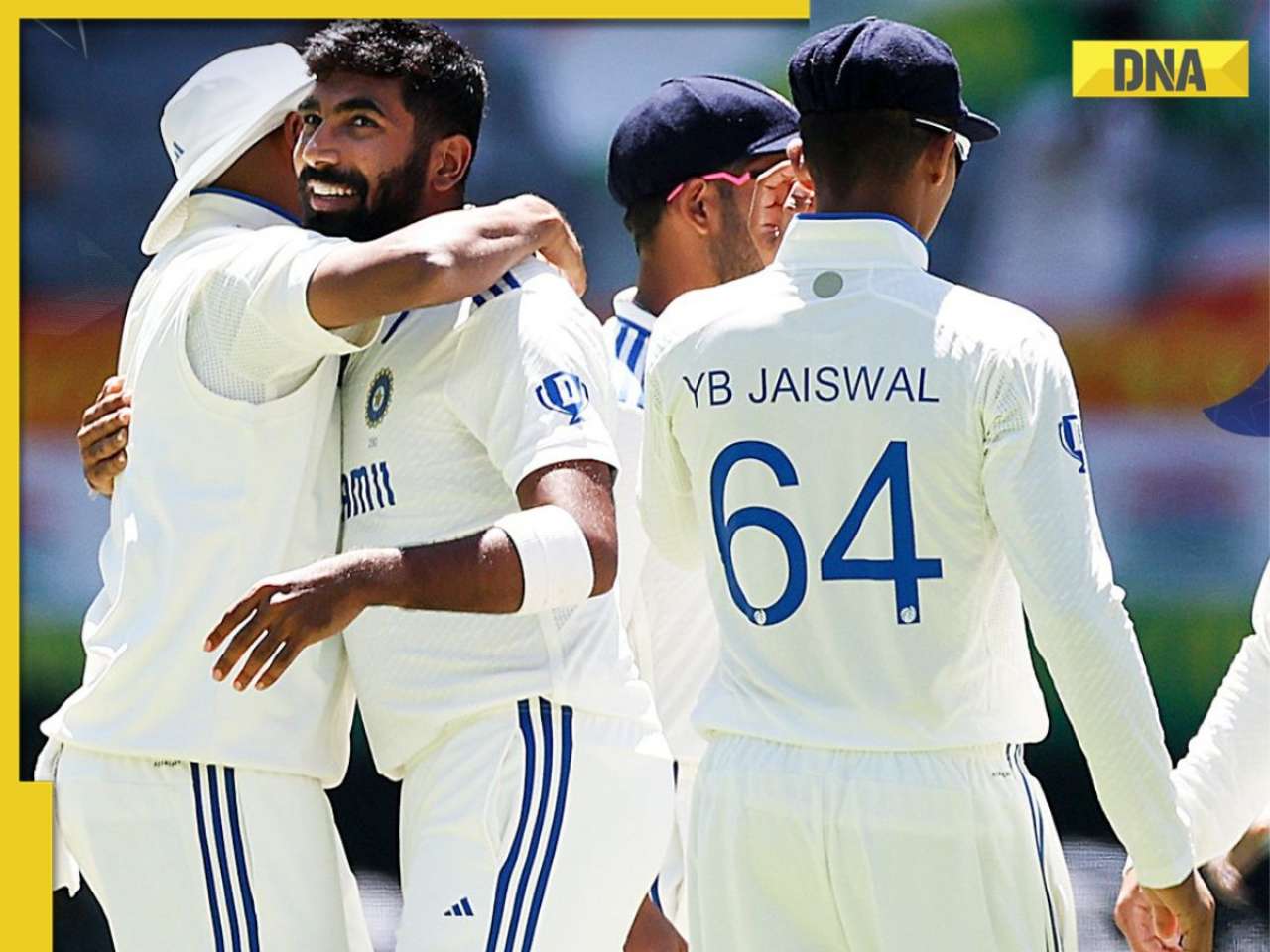




)
)
)
)
)
)
)
)
)
)
)
)
)
)
)
)





